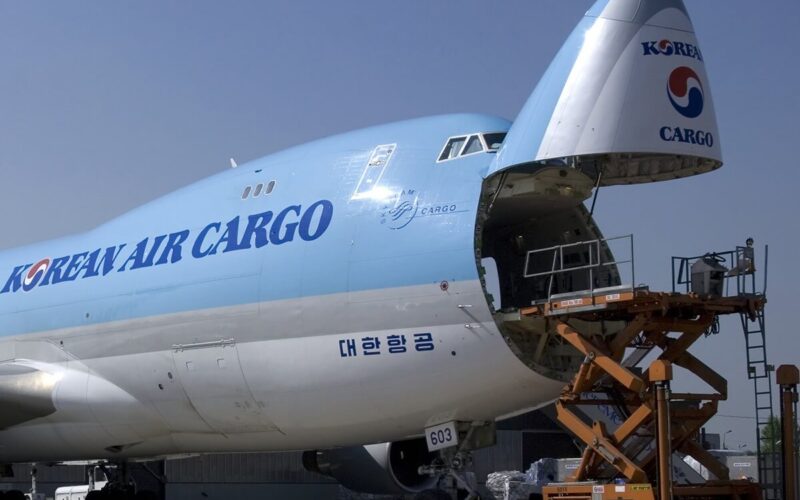The month of June marked the end of “the craziest half year in air cargo” after many of the aviation industry’s downfalls ultimately proved to be profitable, WorldACD proclaimed on July 25, 2020.
2020 has been a mostly downhill ride for the aviation industry, with an overwhelming majority of airlines reporting heavy losses or even filing for Chapter 11 bankruptcy after losing the majority of their passenger traffic. Many aircraft performing domestic and international flights were grounded by companies seeking financial refuge from the Coronacrisis, which in turn caused a 42% decrease in global air cargo capacity by April 2020.
The reason behind this drastic change was a sharp drop in ‘Belly capacity,’ meaning that many air cargo companies could no longer use international passenger flights as an additional medium to transport their goods.
On July 17, 2020, an air cargo database WorldACD announced the results and full figures of the 12-month global air freight market evolution starting June 2019. Despite a decrease in capacity and global demand, it showed a staggering jump in the worldwide average air freight revenue in the last half-year by 21%.
Many industry experts predicted that the year would be tough for cargo even at the beginning of the pandemic. By April 2020, the global demand for air freight decreased by 27.7% due to the steadily declining economy.
However, even when capacity and demand saw a simultaneous drop, the two variables actually worked to offset one another when it comes to cargo yield.
Because of the pandemic, organizations like the International Air Transport Association (IATA) have urged governments worldwide to accelerate approvals for cargo operations and customs clearance for all urgent medical supplies.
Combining all of these variables into a single equation, we get a 76% increase in global cargo yield in June 2020 after peaking at around 125% in May. The jump was seemingly enough to offset the drop in cargo demand and capacity, while some companies like UPS managed to increase its net income by almost $2 billion in the second quarter of 2020 alone.
Many other carriers like Lufthansa (LHAB) (LHA) and Cathay Pacific have reported a rise in their cargo revenues. At the same time, Korean Air was even able to offset their financial downfall by diverting most of its resources to air freight. American Airlines (A1G) (AAL) also announced on August 17, the launch of more than 1,000 cargo-only flights in September 2020, adding to the emerging freight service trend in the aviation industry.

